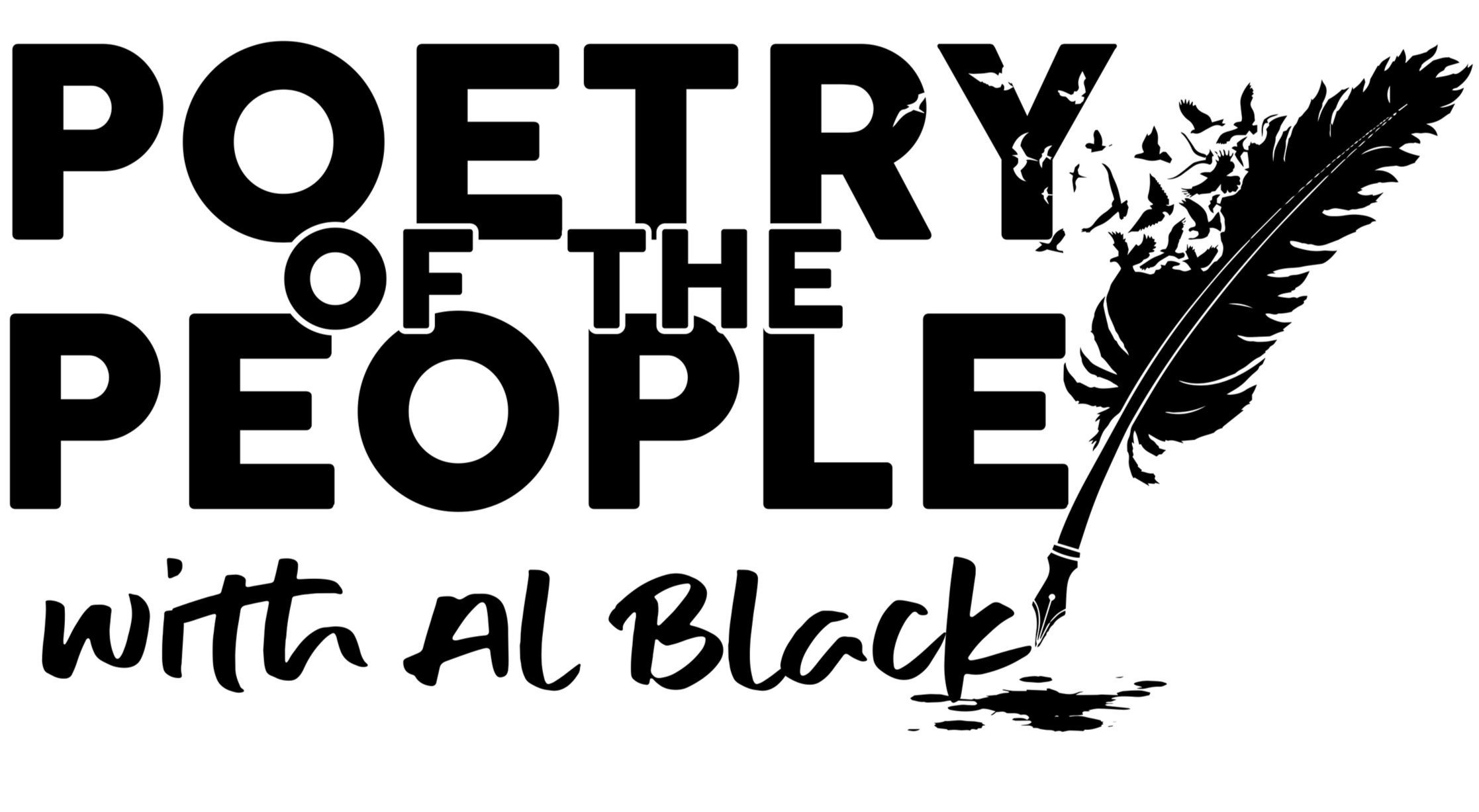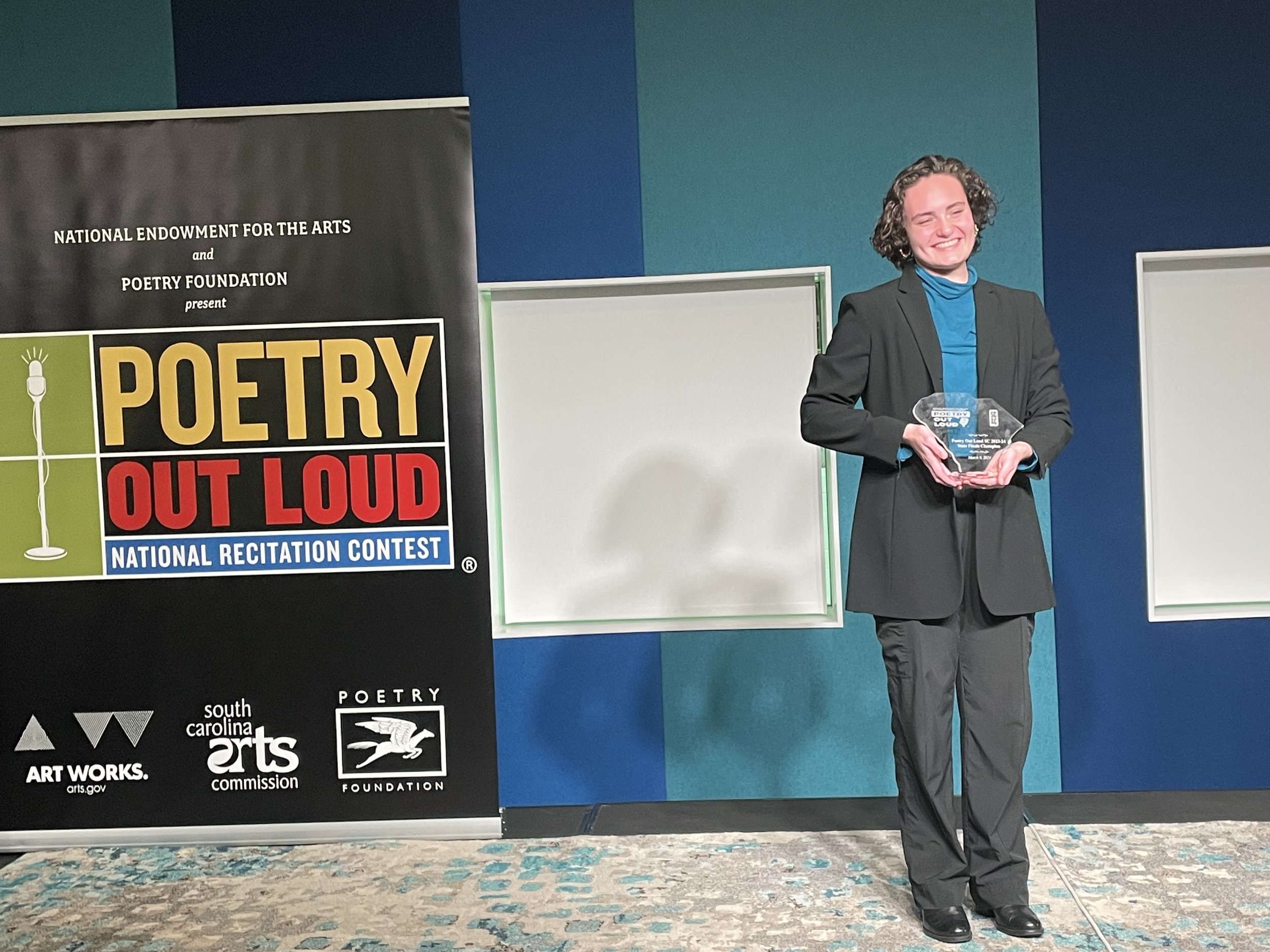This week's Poet of the People is Susan Craig. I am unsure of when I first met Susan, but it was probably a decade or so ago at an event where she was supporting or assisting another poet. Like butter on warm toast; she never insists that she be the main focus of attention. Reading Susan's poetry is to know that when all else passes away, kindness will endure.
-Al Black
Susan Craig is a native Columbian, longtime poet, and former graphic design studio owner. Her work has appeared in journals and online, including Jasper; Kakalak; Poetry South; Mom Egg Review; Twelve Mile Review; Poetry Society of South Carolina, and elsewhere. Through poetry, she mines the everyday, attempting to unearth the universal.
In the absence of touch
I ordered the puzzle mid-winter,
one with three thousand pieces—Van Gogh's
quaint room in Arles, his chunky saffron bedstead
& cane chairs, walls of cornflower blue,
forest-green window canted open, wooden floors
of foot-worn turquoise.
That April, native creatures of Yosemite ventured
out of seclusion, tiptoed onto gravel roads,
foraged pastures long-encroached by human voyeurs.
I thought of freedom—bear, coyote, deer, bobcat, promenading
through swaying ponderosa, fragrant fir.
It seemed even city air became cleaner, crisper;
streets & highways shone like unused silver,
phantom wheels of material solace begun to unspin.
Were night skies truly more star-spangled those evenings
we sat out front in dilapidated armchairs
watching children pedal by on the sidewalk
followed by pilgrim parents?
In the end, I only completed one-quarter of the puzzle,
left the others disconnected, inchoate
as a surrealist painting.
Van Gogh spent twelve months in the country asylum.
In isolation, his work grew prolific.
Scenes of nature—starry nights, olive trees contorted
below a blue, inexplicable sky.
Jacobson's Organ
Our canine companions also have an additional
olfactory organ we humans simply do not have...
Jacobson's organ.—ellevetsciences.com
Today the Dog
turns back on the trail
stands & waits for his Human /
this communion of sorts
borne of a decade of rebellion / Dog
at last taming his primal quest
to leap down-mountain
through winter-leaf hillocks
tracking every fleeing
miniscule essence /
Human calling his name
each time envisioning doom as he
bounds & crashes until there is
nothing but a whisper /
yet these days they are a marriage
of desire & acquiescence
symbiotic trekkers in winter woods
above the mountain cabin
in a timeworn pact /
Dog waits till Human
makes her way to the ridge / where
the log still lies for sitting
& leaves rustle like dresses / Dog
inhales an extravagance
the Human will never / Human
sits & imagines how the World
will come to an end
Ketamine
Paramedic gets 5 years in prison for Elijah McClain's death
—NY Times, March 1, 2024
They never saw your gentleness beneath the ski mask,
arms juking wildly to the music in your ear-pods.
An anonymous caller reported a man who looked 'sketchy'
happy-dancing on the sidewalk that dark night,
arms juking wildly to the music in your ear-pods.
It was August, nowhere near winter in Aurora,
you in a ski mask to ward off fumes and seasonal pollens.
(Later, friends will call you peacemaker, spiritual seeker.)
This was August, nowhere near winter in Aurora;
officers slammed you against a wall because you resisted,
pleaded, I'm just different, I was just going home, I'm so sorry.
What kind of terror seized you
as officers slammed you against a wall because you resisted?
What kind of danger called for two carotid choke-holds,
you face-down like George Floyd gasping, I can't breathe,
paramedics pumping 500 mg of ketamine into your slight body?
What kind of danger called for two carotid choke-holds;
where were God's better angels that summer night in Aurora?
Three officers pinned your slight body to the concrete,
five-foot-six, champion of stray kittens, violin, healing touch.
Sunflower
When
in the season of cicadas
Mississippi Kites
wheel in swooning circles
whistling their two-note song
I picture my father
delta-child
of the Sunflower River
summer swelter
tannin black as southern tea
bare feet coated
in ruddy cotton-field dust
his young father stolen
by Spanish influenza
I almost see him
youngest of three blue-eyed sons
bent cane pole propped
on one knee
even then a dreamer
the squiggling night crawler
he pierces with a rusted barb
forces his eyes
to bear witness
as if the whole world
hinges on his small measure
of courage
it is then I want to tell him
every small harm
will be forgiven











